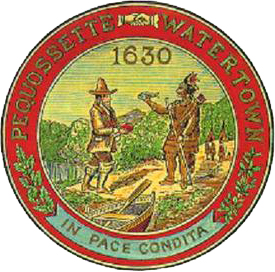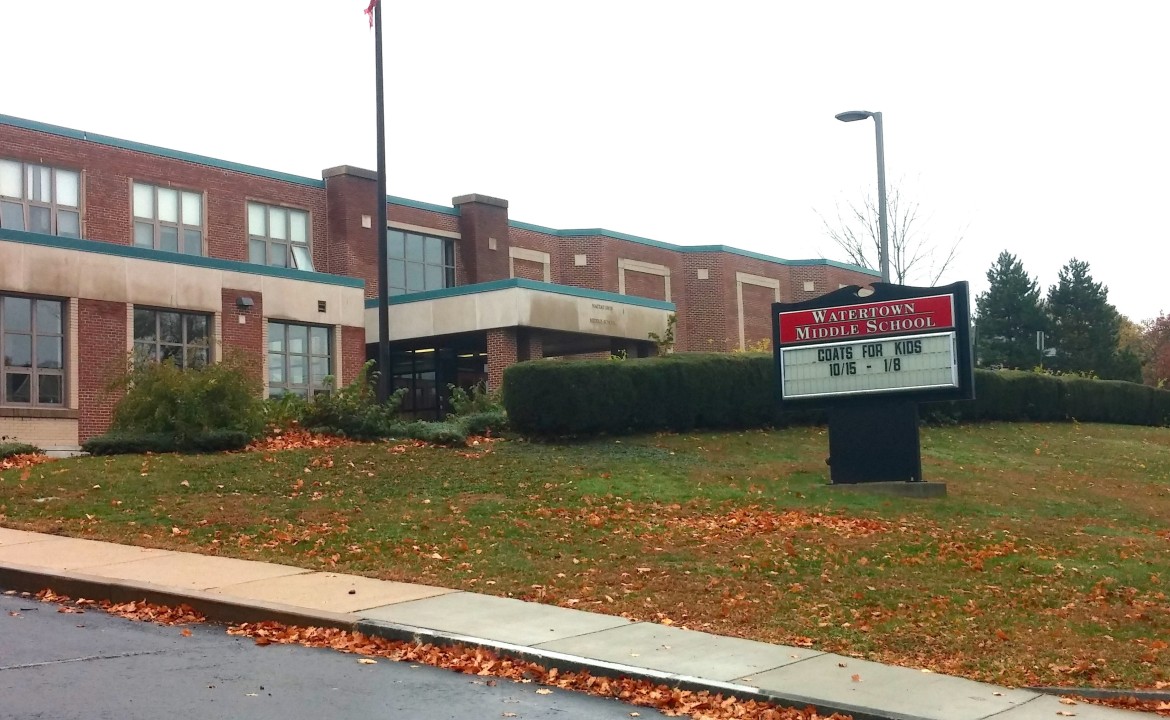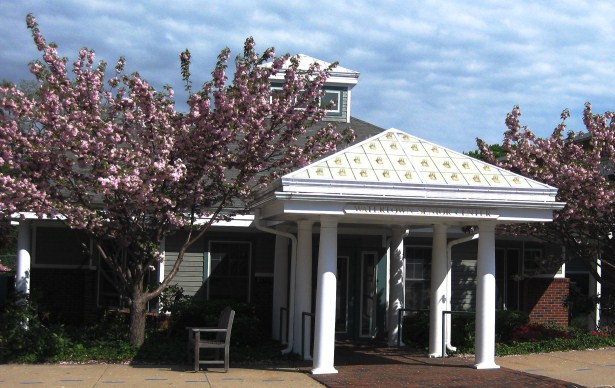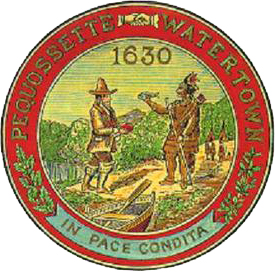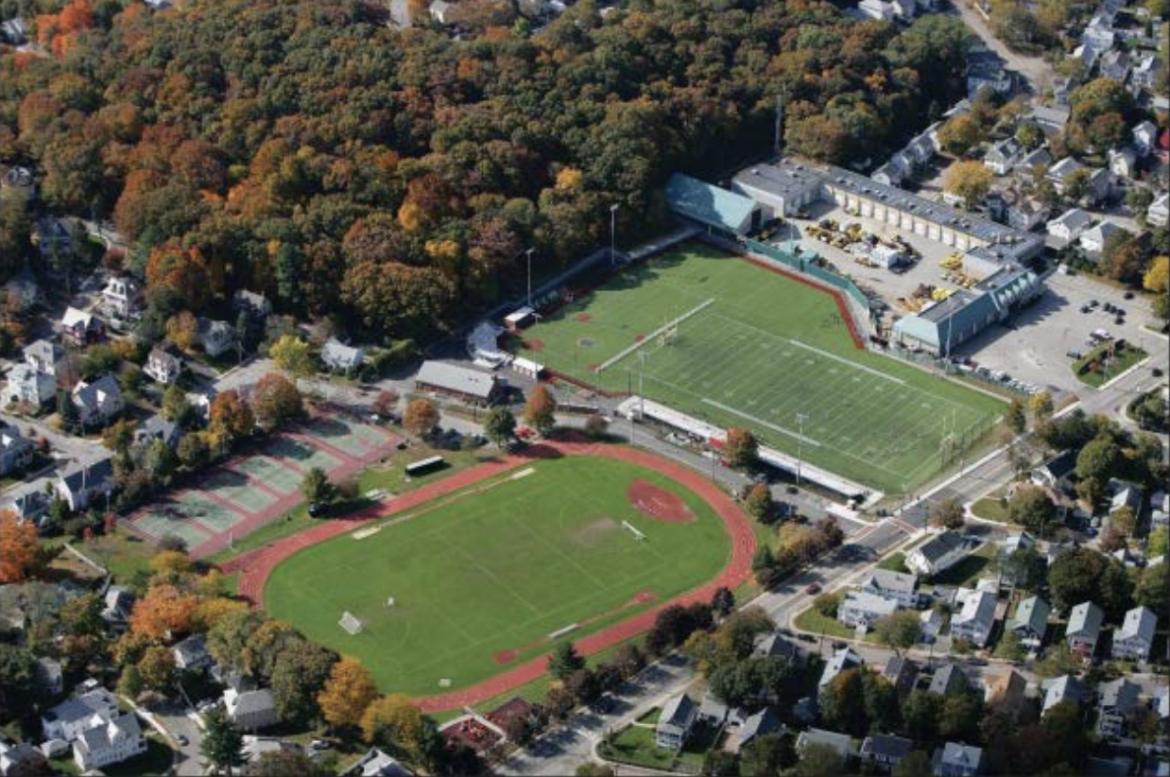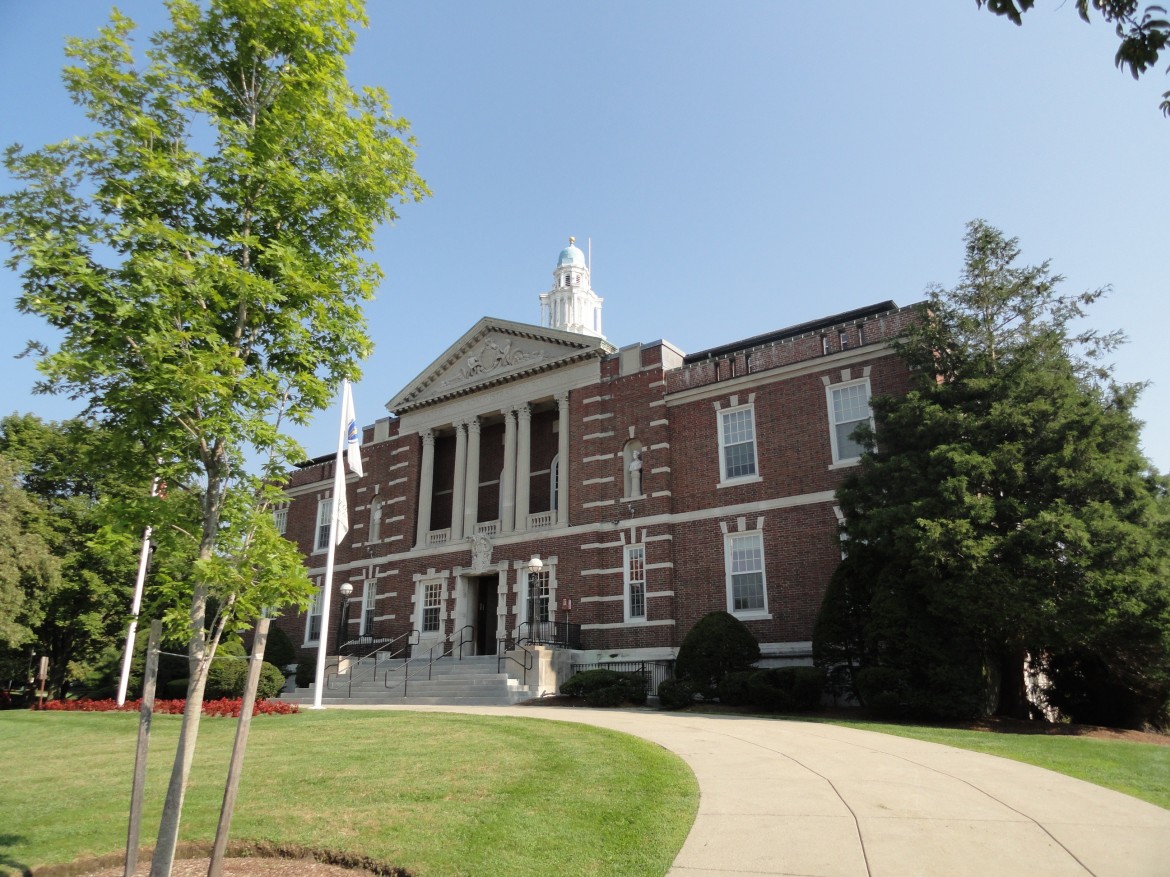Around Town
FY26-30 Five Year Capital Plan Includes Funds for Middle School Project, Roads, and Renovating Victory Field
|
Watertown’s five-year capital plan for Fiscal Years 2026-30 by the has 51 items, including replacing Watertown Middle School, road repair, and renovating parts of the Victory Field complex. The City Council voted to recommend the budget be included in City Manager George Proakis’ Fiscal Year 2026 Operating Budget. For FY26 the total proposed capital spending is $38.49 million, which includes $23.2 million in school building projects. The cost is covered by tax revenue, state dollars, grants, and borrowing. Based on the revised FY26 revenue projection, the total proposed FY26 capital spending would be 17.9 percent of the $215 million operating budget, or 7.1 percent without the school building projects, known as “Building for the Future.”
